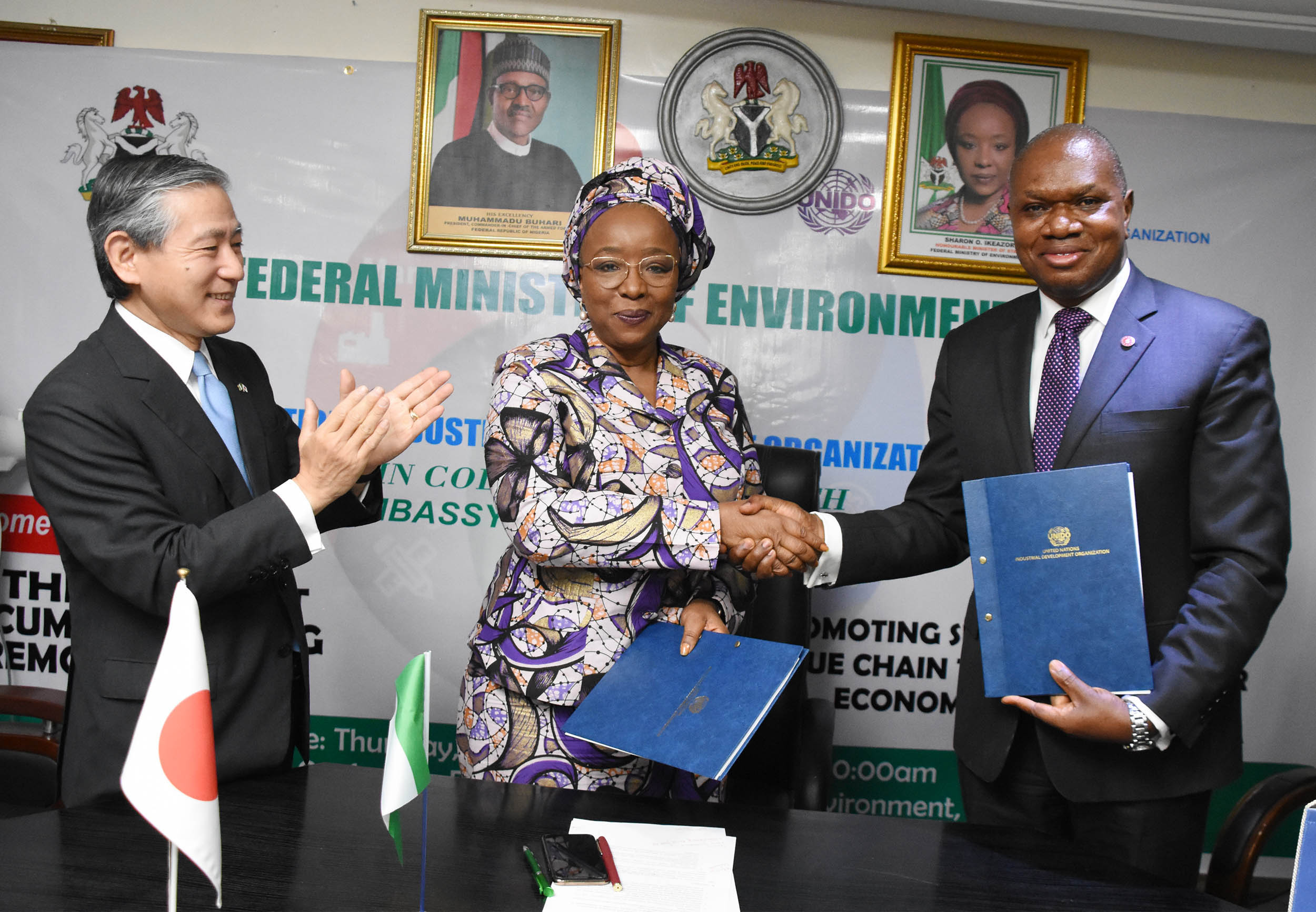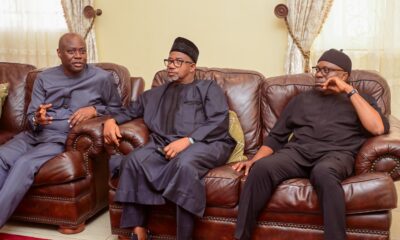Business
‘Tokumbo’ Dealers Threaten Shutdown Over 15% NAC

Dealers on imported used cars, popularly called “Tokumbo”, have threatened to close shops this week over the lingering 15 per cent National Automobile Commission (NAC) levy imposed on imported used vehicles by the Nigeria Customs Service (NCS).
The levy, which was opposed by clearing agents in the country’s maritime sector, saw the agents argue that the NAC levy is mostly meant for new vehicles, hence they question the rationale behind the introduction of the duty on used vehicles.
Responding in a statement by the NCS National Public Relations Officer, Timi Bomodi, said the move was in compliance with the Economic Community of West Africa Common External Tariff.
The statement read in part, “On Friday the 1st of April 2022, the Nigeria Customs Service migrated from the old version of the ECOWAS Common External Tariff (2017- 2021) to the new version (2022- 2026).
“This is in line with World Customs Organisation five years review of the nomenclature. The contracting parties are expected to adopt the review based on regional considerations and national economic policy.
“The nation has adopted all tariff lines with few adjustments in the extant CET. As allowed for in Annex II of the 2022-2026 CET edition, and in line with the Finance Act and the National Automotive policy, NCS has retained a duty rate of 20 per cent for used vehicles as was transmitted by ECOWAS with a NAC levy of 15 per cent.
“New vehicles will also pay a duty of 20 per cent with a NAC levy of 20 per cent as directed in the Federal Ministry of Finance letter ref. no. HMF BNP/NCS/CET/4/2022 of 7th April 2022”, the statement said.
In a chat with The Tide’s source in Lagos on Monday, the Lagos Chapter Chairman of the Association of Motor Dealers of Nigeria (AMDON), Metche Nnadiekwe, disclosed that the group would be meeting this week.
He noted that the outcome of the meeting would determine if the group was going to close their stores or not.
“How can we continue to run a system like this? This is really bad and until we get things right in this country, we are not going to move forward. We will have a meeting, come up with a strategy and take a position on that.
“We may stop selling and do some checks and balances because if we are going to sell the ones we have, we are definitely going to buy new ones. The issue is that no one knows the policy they may introduce next week, so, hopefully, before the end of this week, we may stop selling and know what next to do”, he said.
The AMDON boss complained that the government was in the habit of not carrying stakeholders along when making certain policies.
“You know that the Nigeria Customs Service wakes up any time they want and try to introduce something extraordinarily without informing stakeholders.
“Some people are stakeholders in certain businesses and when you want to introduce certain policies, why don’t you consider them? Can’t you even discuss with them to know how these people are going to be affected?
“So, it looks as if it is a calculated attempt to deal with certain people. We don’t really know what is going on here and, remember, wherever there is this type of thing, Nigerians will be the ones that suffer it”, he stated.
He explained that paying the NAC levy means the prices of vehicle would go so high that many Nigerians would not be able to afford them.
Business
Tinubu’s RHI Doles Out N50m To 1,000 Kwara Petty Traders

Business
UBA To Educate SMEs, Business Owners On Withholding Tax

Business
Nigeria Losing $40b Annually From Maritime Sector – NIMENA
-

 News5 days ago
News5 days agoFRSC Records 9,570 Road Crashes, Arrests 21,580 Offenders In 2024
-
Niger Delta3 days ago
A’Ibom Police Enforces Anti-Grazing Law
-
Nation2 days ago
Council Boss Flags Off Projects
-
Niger Delta5 days ago
Ag. Paramount Ruler Restates Stance On Recognition … As Factional Tussle Intensifies In Bayelsa Community
-
Politics3 days ago
Thugs Clash Over Anyanwu, Ude-Okoye At PDP BoT Meeting
-
Business2 days ago
LCCI Urges FG To Front Manufacturing Reforms
-

 Niger Delta5 days ago
Niger Delta5 days agoNEITI Eyes Energy Sufficiency Through PH, Warri Refineries
-

 Politics3 days ago
Politics3 days agoPDP Governors’ Forum Pays Condolence Visit To Makinde …Over Demise Of Elder Brother

